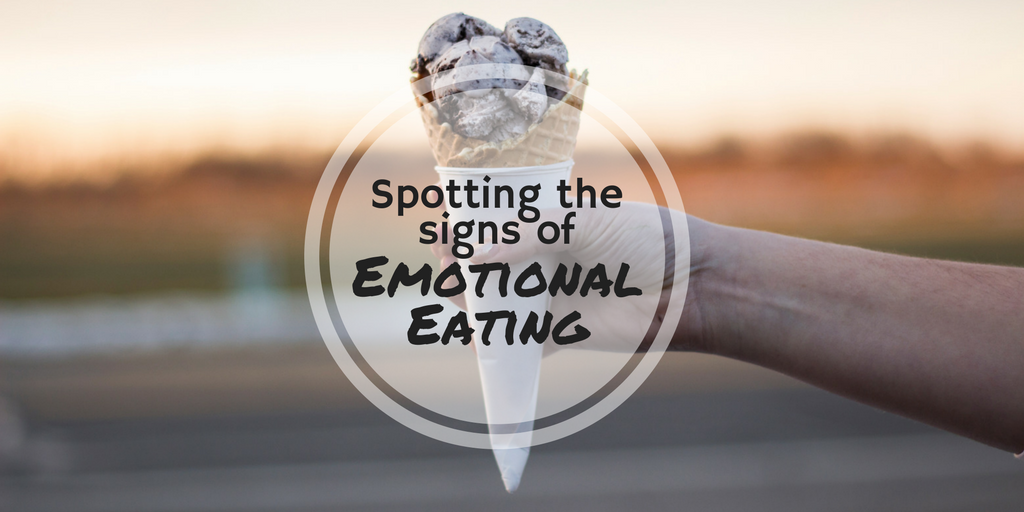
For many who are compulsively driven to eat for emotional reasons, not hunger, food has become a manifestation of self-loathing and a complex method of self-harming, or even a way of failing to thrive. These people crave food, avoid food, binge on food and obsess about food. Thinking about food fills their every waking moment. Food has become a way to celebrate and commiserate with themselves. In fact, it is their everything – except a natural way to sate hunger or be a source of healthy nourishment.
Typically, emotional eaters feel their appetite for food is out of their control and is counter to their heart’s desire to be slimmer than they are. They feel their inability to resist their food cravings proves how worthless they are as they trade their dreams of being slimmer for swallowing down foods they consider to be ‘bad’ or ‘forbidden’. They also often believe that the excess weight they carry is their own personal failing and visible proof for all to see that they are weak, inadequate or just plain greedy. The story they tell themselves continues with the common beliefs that if they were stronger, or had more will-power, or were simply just ‘better people’, then they would find it easy to manage their weight-versus-food-intake without the daily time-consuming over-thinking that they endure.
Every emotional eater has his or her own unique set of circumstances and history, but there are often similarities in thinking and in the belief system that defines each emotional eater. For instance, emotional eaters judge themselves harshly and their self-talk – the quiet voice that everyone hears within their own mind – is particularly critical and unforgiving. We also understand that emotional eaters can be triggered to binge eat when experiencing negative or challenging emotions, such as loneliness, sadness or anger.
Disordered thinking around food that emotional eaters may experience makes it particularly challenging to establish a nutritionally balanced way of eating that can be sustained for the long term. This is particularly true for those who are attempting to stabilise their weight after years, or possibly even decades, of yo-yo dieting.
Emotional eaters do not generally fare well following a type of diet that brings any of the following circumstances into play:
1. Diets that promote low-calorie eating to a level that induces hunger can quickly feel unendurable and trigger strong self-sabotaging behaviour.
2. Diets that rely on low-fat foods to restrict calorie consumption can increase the occurrence or severity of low moods, even to the risk of increasing the incidence of depression.
3. Diets that replace foods containing real sugars with chemical sweeteners can still spark compulsive sugar cravings and out-of-control bingeing.
4. Diets that replace meals with fake-foods, such as shakes, snack bars, instant soups or variations on this theme, often fail for emotional eaters when they are challenged with the inevitable reintroduction of real food.
5. Diets that promote or exclude whole groups of food, impose excessive or irrational rules or demand a specific cooking methodology can all help encourage unhelpful over-thinking about food that emotional eaters are already prone to. This includes the eating of only ‘free-from’ foods, including gluten-free (without a confirmed medical need), or following a strict macrobiotic diet, or eating only raw foods.
Do you obsessively follow all the latest healthy eating crazes, or recognise other symptoms of emotional eating? Read more from Sally Baker and Liz Hogon in their books How To Feel Differently About Food and 7 Steps to Stop Emotional Eating.
Sally Baker will be speaking at The Best You Expo at ExCel in London on 4th March 2017.
This blog is adapted from How To Feel Differently About Food by Sally Baker and Liz Hogon.
